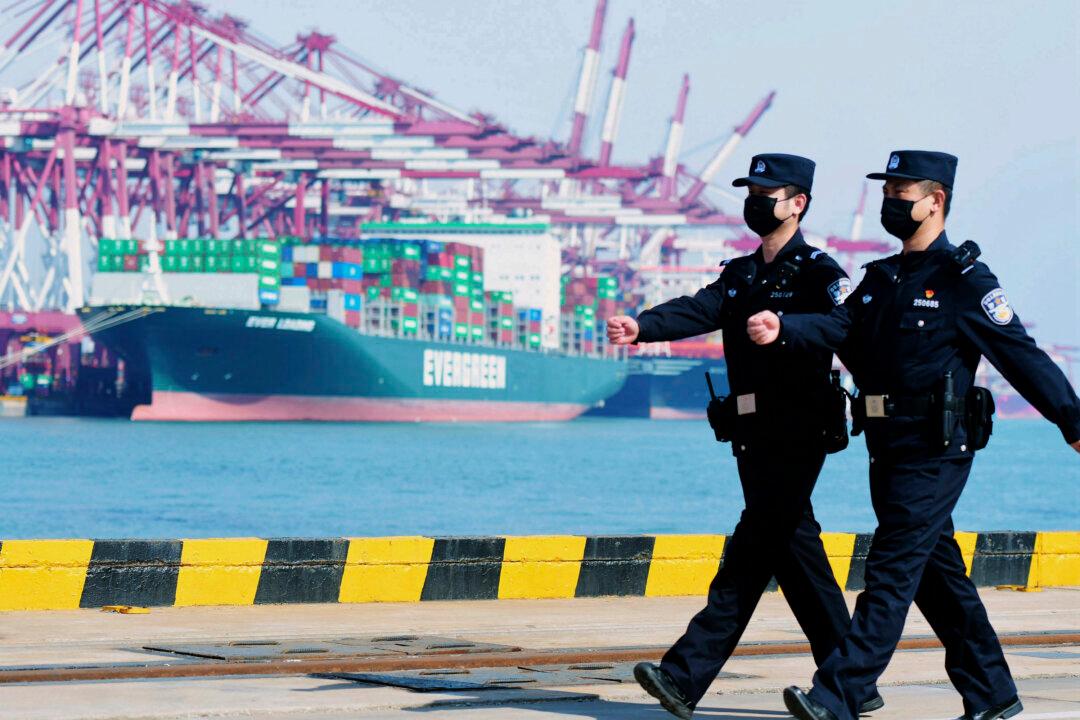News Analysis
Because China’s economy has grown to a gigantic size, its top-down, command approach to economics, especially its trade policy, has destabilized and has begun to alienate several trading partners.

Because China’s economy has grown to a gigantic size, its top-down, command approach to economics, especially its trade policy, has destabilized and has begun to alienate several trading partners.